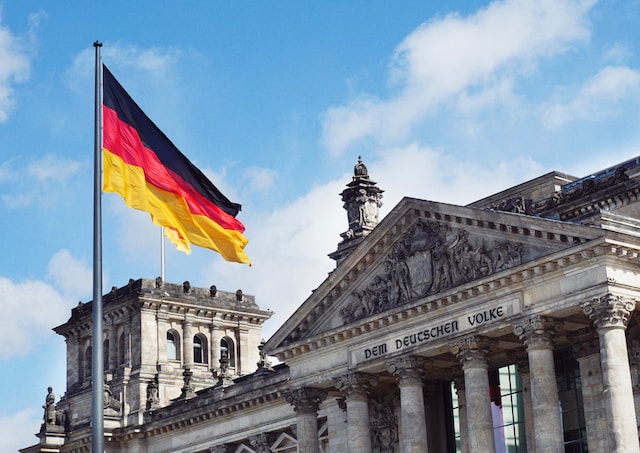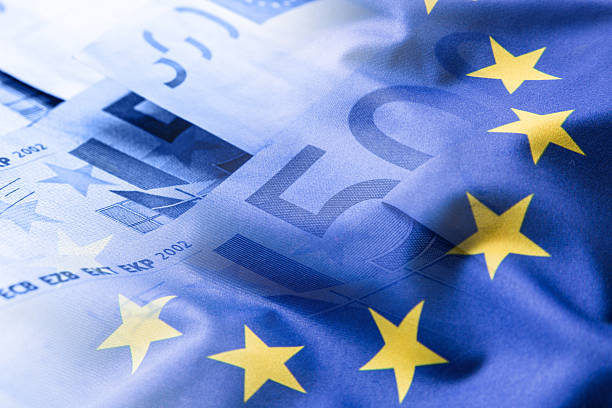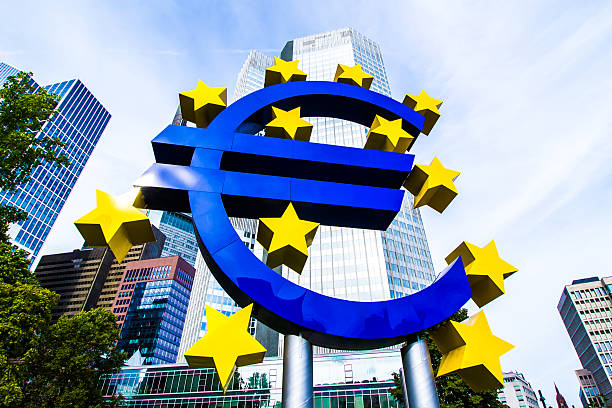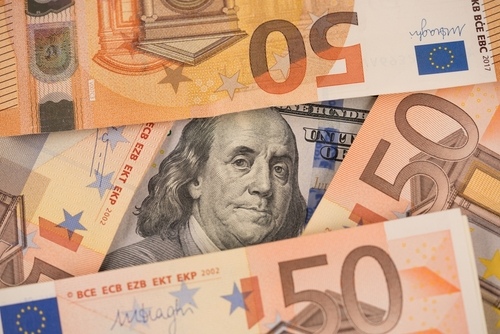[Reuters Analysis] Maybe government spending isn't so bad after all: McGeever

By Jamie McGeever
ORLANDO, Florida, March 5 (Reuters) - It has been an extraordinary 24 hours for government spending.
Germany has given the green light for an unprecedented fiscal splurge worth 1 trillion euros that has been warmly welcomed by the market, at the same time investors are becoming increasingly anxious about the tightening purse strings on the other side of the Atlantic.
This fiscal binge is coming not during an economic crisis like the pandemic recession in 2020, the Global Financial Crisis of 2008 or euro zone debt crisis in 2011-12. German growth may have ground to a halt, but there is no economic panic.
The fiscal taps are being opened, in large part, because of a shifting geopolitical order, as President Donald Trump's ambivalence toward the continent has exposed Europe's security vulnerabilities.
In response, Germany's likely incoming Chancellor Friedrich Merz has proposed the biggest spending spree since reunification in 1990. Defense and infrastructure outlays could amount to roughly 1 trillion euros, or 20% of GDP, and Berlin is also set to relax its 'debt brake' fiscal rule that has long hampered government expenditure.
There are several layers of irony in the stunning proposals from Germany, which has long been synonymous with inflation-fearing fiscal conservatism at home and vehement opposition to perceived budgetary 'indiscipline' across the euro zone.
But Berlin's shackles are off, and governments across Europe are likely to follow suit, increasing spending on defense and other sectors, giving the region an even greater fiscal boost.
US ON OPPOSITE PATH
The approach to public spending is quite different in Washington, where Trump has given Elon Musk carte blanche to take a chainsaw to the U.S. federal budget. Private sector good, public sector bad.
Treasury Secretary Scott Bessent insists that the seemingly robust U.S. economy is "brittle" under the surface because GDP has been artificially enhanced by the previous administration's fiscal largesse.
And on Sunday, Commerce Secretary Howard Lutnick said government spending has historically "messed" with GDP and should be stripped from GDP figures altogether. This would be a complete rejection of standard practice since the 1940s, but given some of the Trump administration's other radical proposals, it's certainly possible.
While Lutnick's comments are probably ill-advised, Bessent may have a point. Total government spending in 2023 and 2024, including federal, state, and local government, rose 3.9% and 3.4%, respectively, meaning it did play a large role in helping the U.S. achieve real GDP growth of 2.9% and 2.8%, respectively, in the past two years.
But even if this growth was supported by fiscal spending, it was still strong and has helped keep unemployment anchored near its lowest levels in over half a century.
THUMBS UP
How are markets reacting to the news from Berlin? They're loving it.
Germany's Dax leaped 3.4% on Wednesday for its best day in nearly two and a half years, and the euro's rise brought its gains this week close to 4%. A host of global investment banks have raised their euro forecasts and upgraded their outlook for German and euro zone growth.
True, with a budget deficit of under 3% of GDP and debt worth 63% of GDP, Germany has far more 'fiscal space' than the U.S., with its 6% deficit and 120% debt.
The positive equity and currency market reaction to Berlin's moves makes sense, although soaring euro zone bond yields and negative swap spreads point to some investor caution around the spending splurge.
But overall, markets are showing that government has an important part to play in making growth great again.
(The opinions expressed here are those of the author, a columnist for Reuters.)
German 10-year yield has biggest rise ever
Germany's benchmark Dax has best day since Nov, 2022
Euro surges towards $1.08







